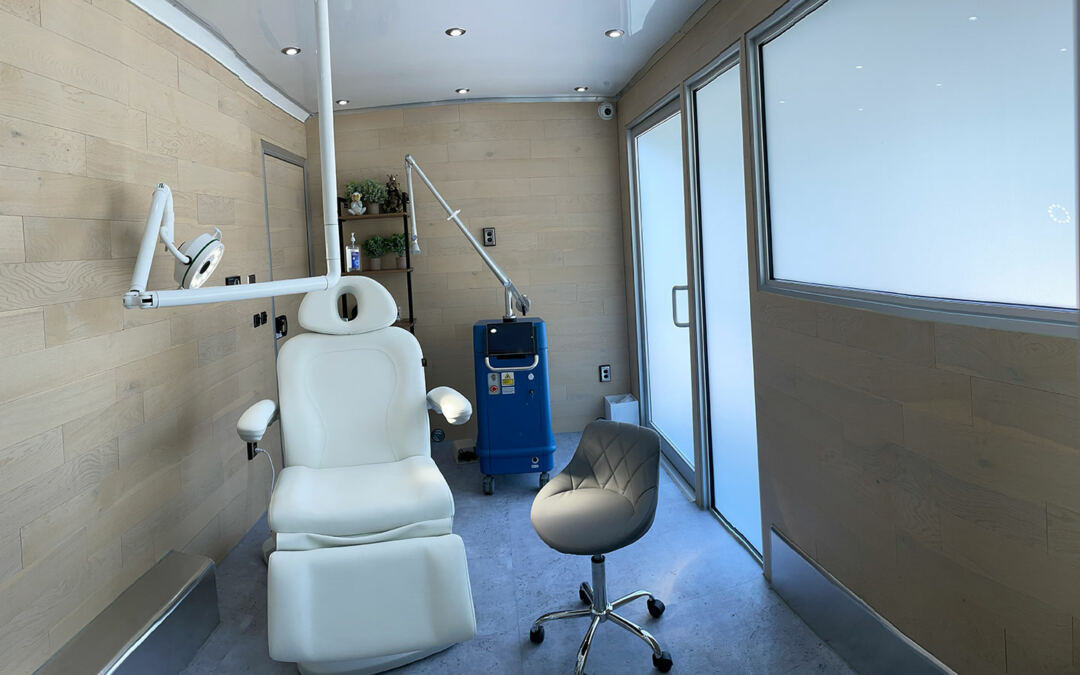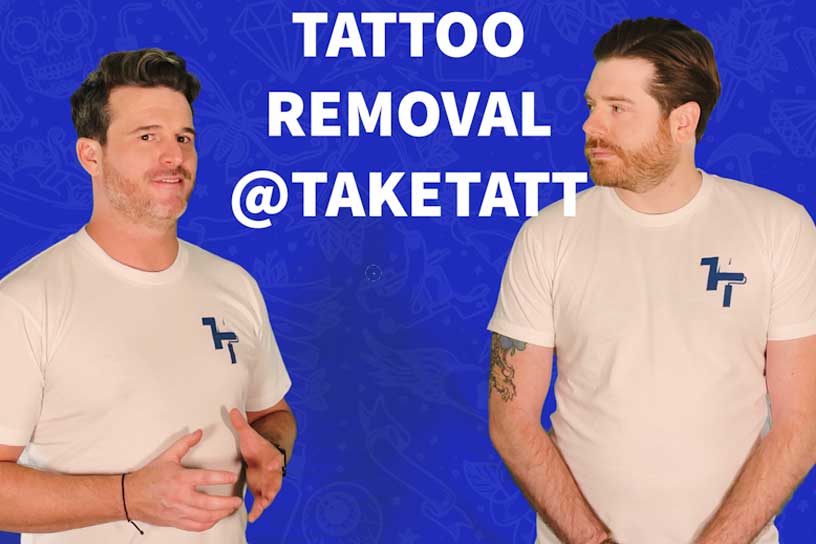What are tattoos made of
Tattoo inks tend to be made of compounds from heavy metals.
- Lead
- Copper
- Manganese
- Some red inks even contain mercury.
When you get your tattoo
From the moment a needle deposits ink deep in the skin, the immune system recognizes the these particles as foreign intruders, dispatching armies of white blood cells to engulf them. The white blood cells then escort small ink particles to the liver, where they are processed and excreted.
Laser breaks up the ink, your body’s immune system removes the ink slooowly
Many of the ink particles are much larger than white blood cells, which is why new tattoos fade over time, but won’t completely disappear naturally.
You can see the size difference in the gif below. The black splotches are ink particles, which dwarf the blood cells swimming around them.
Even over time, as the white blood cells eat away at the ink particles, most are still too large for the white blood cells to grab onto and remove from the skin.
This pigment that is left is so large that a white blood cell trying to engulf an ink particle would be like a human “taking a bite out of an elephant.”
That’s why they’re permanent. To erase a tattoo, you need lasers to break up the ink particles.

Once the lasers break the ink particles apart into bite-sized chunks, the white blood cells can absorb them for transportation to the liver.
Lasers induce photo-acoustic / photo-mechanical fracturing of ink granules Sub-nanosecond pulses lead to increased mechanical stress*with more potential for specific and confined ink disruption at lower fluences
The energy instead collapses into a shockwave. The shockwave vibrates through the skin and causes the upper layer of skin to lift up and appear white, or to “frost.” Though painful, this effect usually lasts just a few seconds.
Our PiQo4 Laser allows for us to switch between nano and pico second pulse duration to break up tattoo pigment faster and into smaller pieces allowing for faster and more complete tattoo removal.




